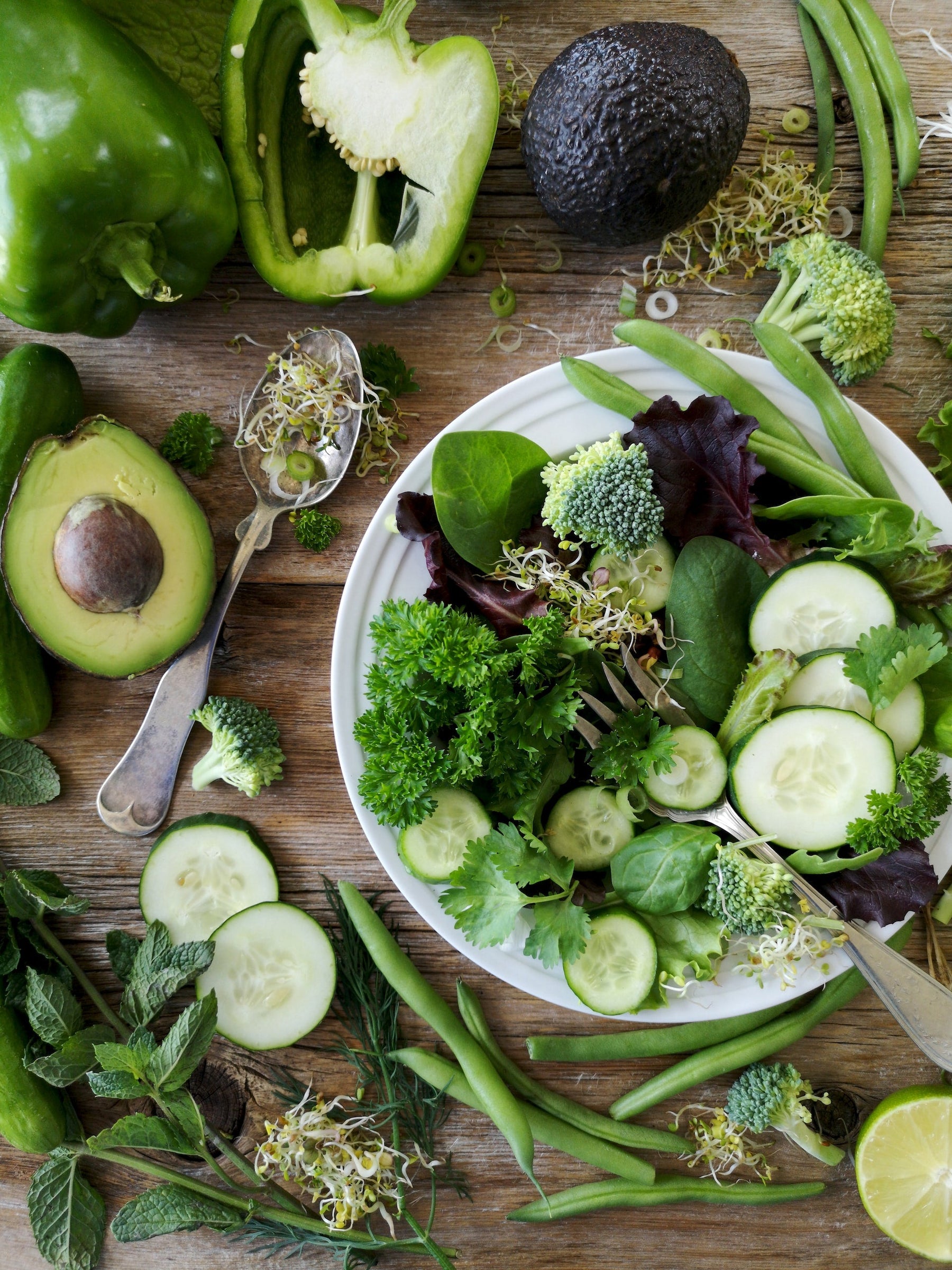
Did You Know There’s Good and “Bad” Fiber?
Which Kind of Fiber You Eat Can Affect Your Health For Better Or Worse
You’ve likely heard a lot about how fiber is necessary for good health, but what you might not have known is some fiber actually isn’t good for you.
Kind of the same way some fat is good for you and others aren’t.
It might seem confusing, but it isn’t.
Give me just a few minutes, and I’ll “demystify” fiber and show you what the good fiber is as well as which you might need to avoid.
What’s Fiber Really?
Now, as far as most people know, fiber’s just fiber. Right?
A little over 14 years ago, fiber was broken down into two basic definitions.
- Dietary fiber: Fiber you can find naturally in many foods.
- Functional fiber: Fiber which is extracted and isolated from whole foods, then added to processed foods.
The one problem with these classifications is it doesn’t actually tell you how good one particular kind of fiber is for you.
The better way of understanding fiber is by seeing which is soluble, how viscous it is, and how fermentable it might be.
So keep this in mind:
- Soluble vs insoluble,
- Viscous vs non-viscous,
- Fermentable vs non-fermentable.
Now that you’ve seen how it’s broken down, you can see how it affects your health.
The good news is, for most of you, nearly all fiber is good.
But, for a few of you, some kinds might actually hurt your body.
How different kinds of fiber affect your health
By breaking down these fibers, you’ll understand how they affect your body.
Here’s how we break down the three types.
Soluble/Insoluble fibers:
- Soluble fiber This is the kind of fiber found in many fruits and vegetables. Soluble fiber blends with water in the gut, which helps your gut effectively move food along for ideal gut health. Soluble fiber works to regulate blood sugar and can promote a feeling of fullness.
- Insoluble fiber is typically found in many laxative agents. It’s “natural” but shouldn’t be a primary source of dietary fiber. Think Metamucil, and Psyllium husks when you think insoluble fiber. It doesn’t blend with water and typically passes through your G.I. tract untouched. Known as a “bulking agent”, it’s what helps move some foods through the gut at a greater speed.
The next kind of fiber is fermentable fiber.
Fermentable Fiber
Here’s what Authority Nutrition says about fermentable fiber:
An estimated 100 trillion live bacteria reside in the human gut, mainly in the large intestine.
These bacteria are actually crucial for optimal health in humans. They play various roles related to weight management, blood sugar control, immunity, brain function and mental healthThey are so important that they are often referred to as the “forgotten organ”
Because humans can’t digest fiber, it ends up reaching the large intestine mostly unchanged.
Soluble fiber is a great for digestive health. As it dissolves into a gel and settles in the gut, it can help calm and regulate the gut and helps out the entire metabolic process.
Insoluble fiber, on the other hand, is great for temporary relief of digestive woes (like constipation). However, frequent use can eventually cause wear and tear on the sensitive lining of the gut and might actually harm your body after regular use.
Then there’s fermentable fiber.
Here’s what Authority Nutrition has to say about fermentable fiber.
This increases the number and balance of friendly gut bacteria, which also produce short-chain fatty acids with powerful health benefits (15).
Most fermentable fibers are soluble, but there are also some insoluble fibers that can function in this way.
Fermentable fibers include pectins, beta-glucans, guar gum, inulin and oligofructose.
The best whole-food sources of fermentable fibers are beans and legumes. A 1-cup serving often provides up to half of the recommended daily intake of fiber.
All that being said, one of the by-products of fiber fermentation is gas. This is why foods high in fermentable fiber can cause flatulence and stomach discomfort, especially if people are not used to eating a lot of fiber.
Here’s the thing about fermentable fiber.
It definitely has some health benefits, but for some, the fermentation can cause uncomfortable gas and that’s why it’s actually one of the “bad” fibers you might need to avoid.
But, only if you have a predisposed disposition to IBS.
I wrote extensively about this in an article on FODMAPS.
You can see that article here.
And lastly there’s viscous fiber.
Viscous Fiber
The interesting thing about viscous fiber is, when it’s mixed with water, it forms a thick gel inside of your gut. Not pleasant to think about, but it’s actually really good for you.
This is why it’s referred to as viscous fiber, because of the viscous nature it assumes when mixed with water.
Surprisingly, this viscosity has a positive impact on health. The more viscous, the thicker it is. And higher viscosity might help boost health more-so than lower viscosity.
Because it sits in the gut, it will actually work to aid digestion by slowing the entire digestive process down, giving your body the chance to extract more nutrients.
Plus, the gel makes you feel fuller longer, which can reduce your appetite and help you eat less.
In fact, there was a review of 44 different studies which showed viscous fiber was the only kind of fiber capable of helping reduce food intake and help you lose weight.
The best place to find viscous fiber?
Plant sources like flax seeds, legumes, asparagus, brussels sprouts and more.
All in all, fiber is an important part of a healthy diet.
It’s just important you’re getting the right kind, and I hope this steers you in the right direction.
Talk soon,
Dr. Wiggy
www.HealthAsItOughtToBe.com



